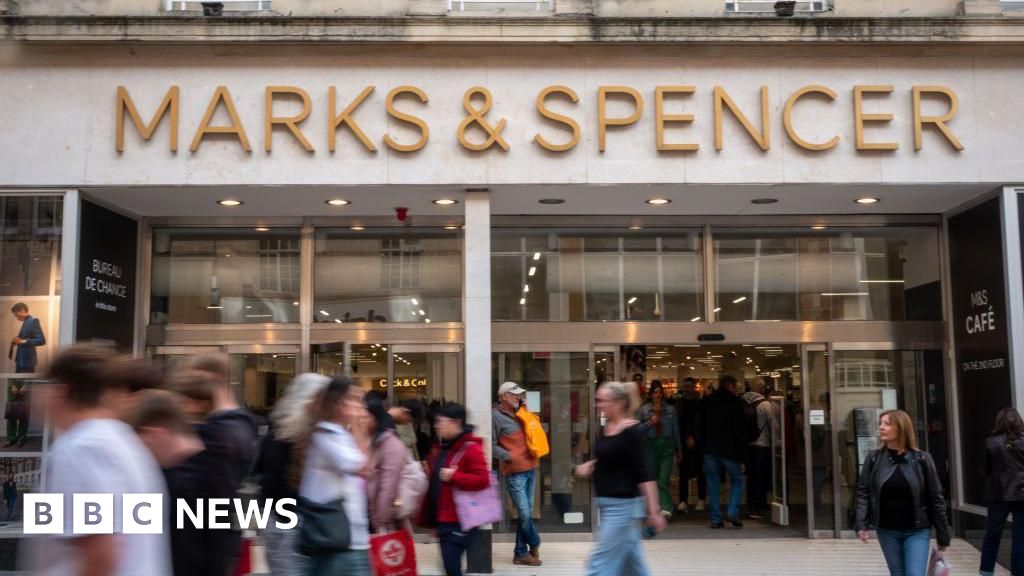Stay informed with free updates
Simply sign up to the European companies myFT Digest — delivered directly to your inbox.
European businesses are at growing risk of structural decline in China and other markets as they face head-on competition from Chinese rivals increasingly moving up the value chain, according to the EU Chamber of Commerce in China.
The chamber’s warning came as a survey of its members showed a record low number ranked China as their top destination for present and future investment, with a weak domestic economy and competitive pressures weighing on revenue and profits.
“It’s not just a China phenomenon,” said Jens Eskelund, chamber president, when asked about the danger of structural decline for European companies in the country.
“I think that you are going to see in markets around the world — Latin America, Africa, the Middle East, the rest of Asia — that European companies will be coming under a lot of competitive pressure,” he told a press briefing. “That will be a defining challenge for European companies.”
China’s President Xi Jinping wrapped up a five-day trip to Europe on Thursday during which he gave no ground on calls from French President Emmanuel Macron and European Commission president Ursula von der Leyen to address accusations of overcapacity in Chinese industry.
Chinese authorities deny their industries are in “oversupply” and have called western accusations “hype” aimed at justifying protectionism.
Xi has called for investment in high-end manufacturing, or what he calls “new quality productive forces”, with Chinese capacity in areas such as electric vehicles, solar panels and batteries outstripping global rivals.
Economists say a large portion of funds that were once invested in China’s debt-stricken property sector are pouring into industry, while household consumption remains low by global standards as a share of gross domestic product, resulting in excess supply.
This is fuelling deflation, supercharging China’s exports at a time when its currency, the renminbi, is also weaker against the dollar.
“What is really important for us is that we begin to see real, meaningful, consistent growth on the consumption side — that demand is picking up . . . rather than overall GDP,” said Eskelund.
Western politicians accuse China of supporting its industry with subsidies and government benefits, leading the EU to launch multiple anti-subsidy investigations into Chinese products, including electric vehicles.
Alicia García Herrero, chief economist for Asia Pacific at Natixis, said Xi’s trip had not eased European fears about China’s industrial capacity or its stance on geopolitical issues such as Ukraine.
“Xi’s trip has done nothing to quiet the chorus of worries about China’s threat,” she said in an article in the Asia Times.
The European Chamber survey found that 55 per cent of the 529 companies that responded to its survey cited China’s economic slowdown as a top three business challenge, with a large number saying a lack of demand affected net profit margins last year.
On the positive side, 45 per cent reported some market opening, up from 36 per cent in 2023. But only 15 per cent of respondents ranked China as the top destination for their company’s present investments and 13 per cent for future investments, both record lows.
A record low 39 per cent reported revenue increases, while 15 per cent reported negative earnings in China before interest and tax — the same level as 2023, which was the highest since 2015.
Despite calls by European politicians and corporate leaders to create a better commercial environment — and efforts by Beijing to improve the treatment of foreign firms — a record 68 per cent said business had become more difficult.
Credit: Source link










